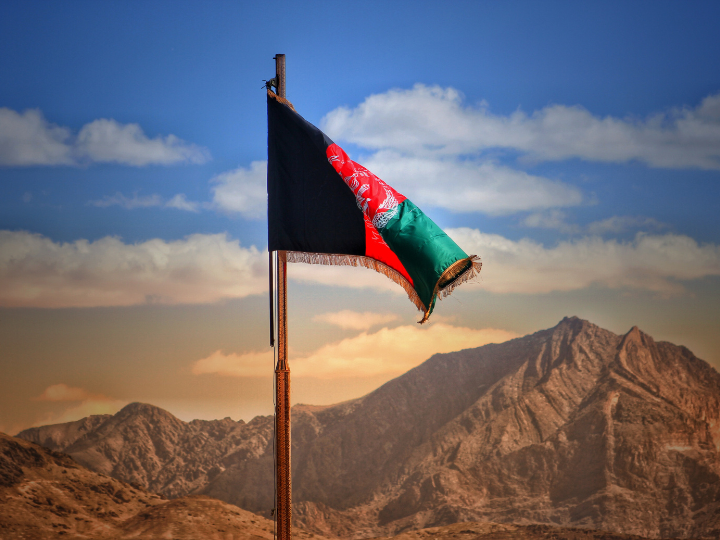N. Peter Kramer’s Weekly Column
Until August 15, 2021, Afghanistan depended on an infusion of international aid. The United States alone pumped more than $150 billion into ‘rebuilding’ the country between 2001 and 2022. Three-quarters of the Afghan government’s budget came from abroad. But then President Biden decided, at short notice and no consult with allies, to leave the country; his NATO allies followed. After this ignominious departure the suffering of more than 40 million Afghans started.
And that suffering is immense. After the rash and chaotic departure, a nightmare began in Kabul. Read the disturbing reports from the United Nations, the World Health Organisation and NGO’s. More than 34 million Afghans depend on humanitarian aid. Nearly 20 million Afghans do not have enough food. For 6 million of them there is an ‘emergency’ in terms of food supply. The UN speaks of the ‘greatest humanitarian crisis on earth’.
After the West left, all auxiliary lines were cut overnight; 700.000 people lost their job; the economy collapsed. The new government, the Taliban, hardly had any possibilities to intervene. The reserves of the Afghan central bank were (and still are) parked abroad and immediately blocked: 7 billion dollars in the US, more than 1 billion in Europe. Also other sanctions against the hardline Islamic regime were taken.
The goal of the sanctions was regime change in Kabul, but, after two years, the Taliban are more firmly in power than ever before. The measures against women are becoming increasingly strict. The only certain effect of the sanctions is that the Afghan people is paying a horrible price.
Nobel Prize winner Joseph Stiglitz and nearly 70 more economists have been calling to unblock the reserves of the Afghan national bank for a few months. That could give the Afghan economy a little more much-needed breathing space. This doesn’t mean embracing Taliban leaders, or sweeping their human rights violations under the rug. But perhaps a little more realism is in order, in light of the catastrophe unfolding in Afghanistan.
Let us also not forget, that if the country plunges further into depths, the migration consequences will also be felt in Europe.






